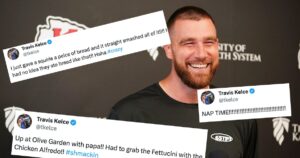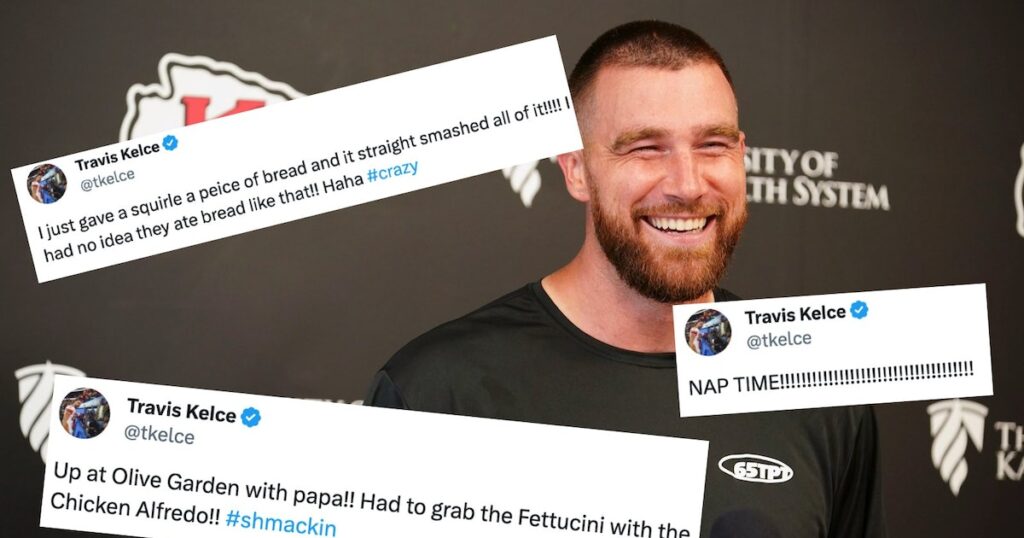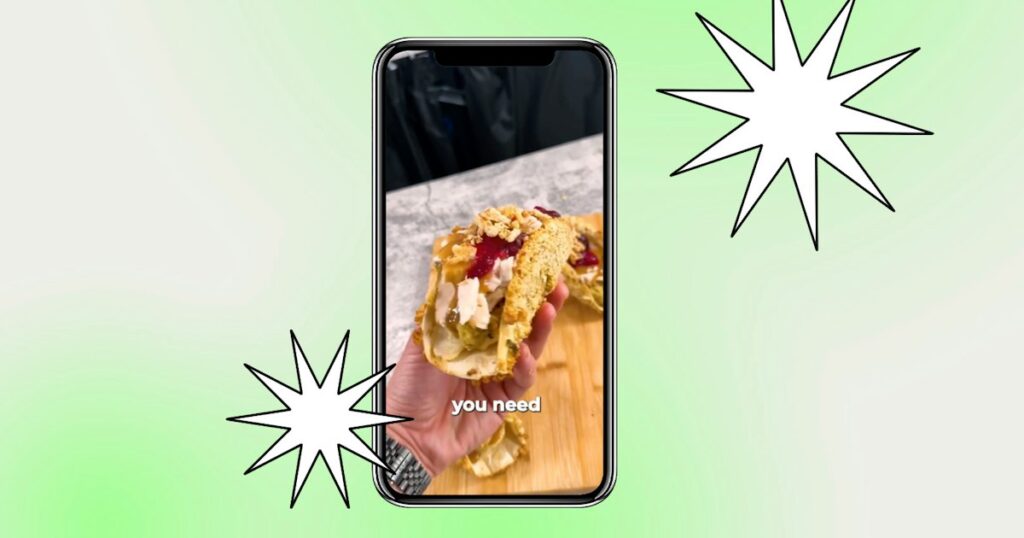[ad_1]
When TikToker Kara (@vibingranolamom) shared a simple higher-iron bean soup recipe with her followers in August, no a person would have guessed that it would direct to FYP drama and the emergence of so-named “bean soup reviews.” Bean soup comments on TikTok essentially really do not seriously have something to do with beans at all — fairly, they’ve sparked a wider conversation on TikTok comment etiquette.
Whilst Kara obtained some valid thoughts from followers inquiring about a full recipe with components and measurements, some remarks stood out as a “should have just scrolled past” second. When you have probable listened to that there are no dumb issues, some would argue that’s not the scenario — in particular when some people questioned the creator how to make the soup “when you don’t like beans.”
In a next TikTok, Kara tried to calmly and thoughtfully respond to this issue by acquiring a resolution for creating bean soup sans the primary ingredient — and TikTokers had a subject working day. “You are the pinnacle of diplomacy and grace for the reason that ‘can I make bean soup with no beans’ would’ve sent me into an apocalyptic rage,’” a single TikToker joked, though an additional reported, “You are so affected person and form with this response. I have steam coming out of my ears soon after looking through these reviews.”
Soon after all, subbing out the beans for broccoli and cheddar would defeat the reason of getting bean soup. The math is not mathing. Alternatively, the reasonable factor to do if you really don’t like beans is to keep away from generating a bean soup, and not remark at all on the TikTok.
This viral problem spurred a larger conversation on TikTok, with consumers dubbing these varieties of issues “bean soup comments” and arguing they stem from a bigger issue, which TikToker Seema (@artlust) calls the “what about me” result. “People individualize what [they’re] listening to,” she says in a viral TikTok, introducing that this qualified prospects to persons making an attempt to make each problem about themselves in its place of scrolling and shifting on.
The What About Me Effect On TikTok, Stated
Creator Sarah Lockwood (@sarahthebookfairy), who originally coined the time period the “what about me effect” after observing the bean soup controversy, tells Elite Day-to-day the craze is owing to a blend of “individualistic culture with staying chronically on the net.”
She claims been noticing this habits “for a several many years now” on her individual written content, and it only would seem to be acquiring worse with persons inserting themselves into locations they could not belong or asking concerns that really do not pertain to the written content.
When most folks have prepared off bean soup remarks as a absence of prevalent perception, Lockwood believes that it’s considerably a lot more than that. The “what about me” outcome is when you locate a way to make that problem about you, even if there is no relationship. Even though commenting you’re allergic to strawberries beneath a TikTok about how to make strawberry milk could arrive off as out-of-contact or even self-centered, Lockwood believes it is to some degree due to TikTok’s (normally scarily precise) algorithm.
For the reason that of TikTok’s guarantee that movies on the FYP are intended “for you,” Lockwood argues, “we are so employed to owning a feed that’s personalized to our personal pursuits,” which may lead to men and women feeling disappointed or a feeling of entitlement if they see a little something they cannot relate to.
The algorithm can’t be ideal all the time, and it’s attainable that if you’ve preferred soup recipes in the past, TikTok may possibly mail you a video of a viral soup without having figuring out your disdain for beans. An straightforward remedy is to scroll on by or even hold down on the movie and pick out the option “not interested” so you see less bean recipe films. But, that wouldn’t be the “what about me” way.
TikTokers Are Responding To Bean Soup Reviews With Humor
While bean soup reviews may be aggravating to see, it’s awesome understanding that there is a phrase for them and a motive why a person may possibly be asking inquiries that you assume lack prevalent feeling. Lockwood thinks that a resolution to the “what about me” influence could be “cultivating far more self-recognition, self-reflection, and checking our egos more usually,” but she also warns that overcorrecting could be a dilemma far too. You don’t want to discourage men and women from asking issues, sharing opinions, or providing a individual anecdote.
On a additional lighthearted notice, TikTokers are executing what they do ideal and poking fun at the most nonsensical feedback with a new development on the platform. For illustration, on TikToker @moribyan’s online video of spooky Halloween sugar cookie ice cream sandwiches, the reviews section was crammed with hilarious “what about me” replies, like “what can I sub it with if I really don’t like spooky sugar ice product sandwiches” and “what if I have Xmas cookies? Will this however function?”
Influenced by the bean soup incident, other creators have built their own recipe movies devoid of beans like TikToker @fazalboi, who designed a “high-iron bean soup” that was just ramen. So, even though the bean soup reviews are irritating, they’ve at the very least provided us some comedy gold in the stop.
[ad_2]
Source backlink







